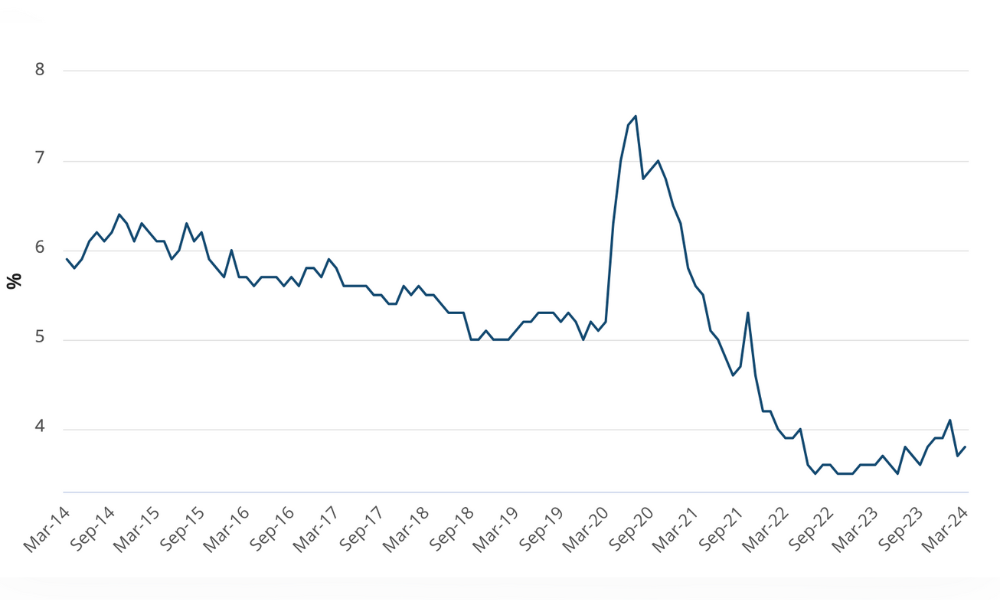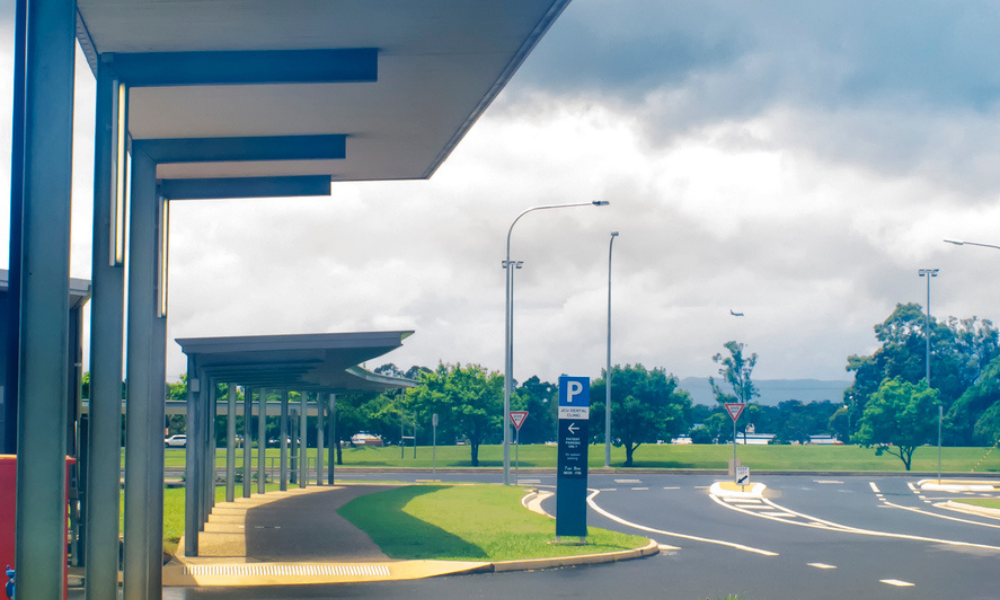ATTRACTING THE right talent and pricing pressures will impact on organisations’ procurement functions the most over the coming two years, a global study has found
ATTRACTING THE right talent and pricing pressures will impact on organisations’procurement functions the most over the coming two years, a global study has found.
Furthermore, organisations are most concerned about the procurement function’s ability to manage change effectively in the current economic environment.
A survey of 257 senior executives around the world found 30 per cent citing attracting and retaining talent as one of the biggest issues to impact sourcing functions.
It is also the second-biggest barrier to managing change, cited by 39 per cent of executives, just behind the complexity of the operating models at 40 per cent. Only 11 per cent were confident of attracting and retaining the required talent.
“The high demand for skilled procurement experts, and the challenges they will face, are only likely to increase with the growth of globalisation and cost pressures,”said Adrian Edwards, global head of supply chain and procurement at Ernst & Young, which conducted the study.
“Securing this talent with differentiated compensation packages and a clear development strategy will be crucial.”
According to Edwards, the return on investment from the procurement function can be considerable, and it can be an opportunity to create real differentiation.
“The success of delivering through these difficult times relies on the redefinition of global operating models and optimising business processes, and those that are successful have the ability to create a wider performance gap against their peers, helping to achieve competitive advantage in the process.”
Executives said that other top issues likely to impact on businesses are downward pressure on prices (33 per cent) and price fluctuations of critical commodities/service (26 per cent), followed by the requirement to change existing operating models (28 per cent) and the growing complexity of global supply chains (27 per cent).
“Downward pressure on prices is seen to be critical; however this comes at a time when there is consistent and accelerating upward pressure on input costs,”Edwards said.
“Collectively these issues create a significant barrier to companies achieving sustainable high performance. To respond to these challenges, companies must be able to manage complex transformation programs.”








